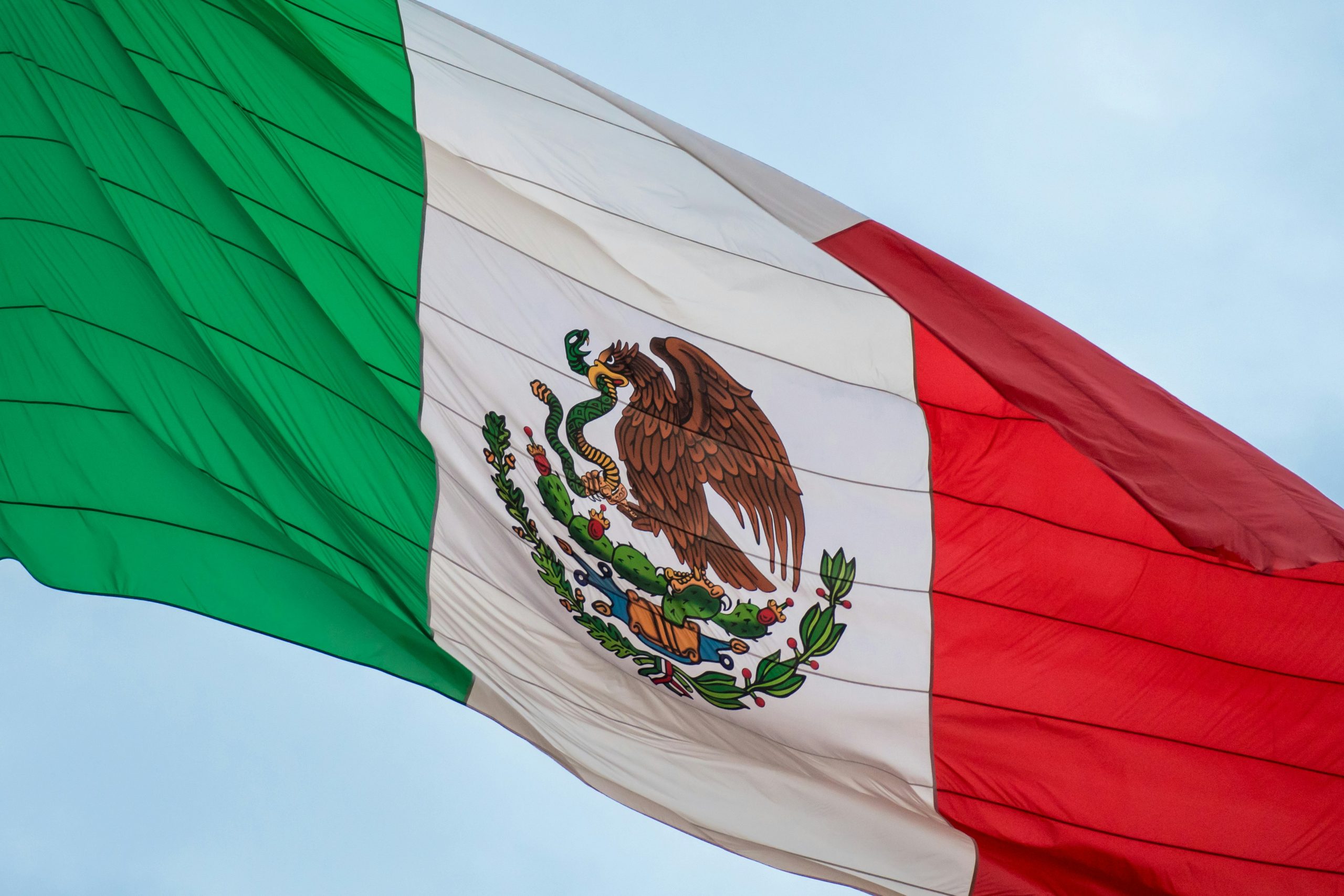Macroeconomic Overview
Mexico’s economy is characterized by moderate growth and a stable fiscal environment. Following a 4.6% GDP expansion in 2022, economic growth is projected to average approximately 2% annually through 2034. The country’s fiscal policies have maintained public debt at manageable levels.
The central bank, Banxico, employs an inflation-targeting framework. After reaching over 7% in 2022, inflation is forecast to align with the central bank’s target of around 3% in the coming years. This has contributed to a degree of currency stability.
Political and Regulatory Framework
Mexico operates as a democracy with established institutional processes and regular electoral cycles. The incoming administration of President-elect Claudia Sheinbaum is anticipated to maintain the country’s existing macroeconomic stability.
Foreign direct investment (FDI) regulations are generally permissive. In most sectors, 100% foreign ownership is allowed. The legal framework facilitates the repatriation of profits and includes a 30% corporate tax rate, supplemented by various tax treaties. A system for arbitration is in place to address disputes.
Key Economic Sectors
Manufacturing: This sector benefits from the trend of “nearshoring,” as companies relocate production closer to North American markets. Key areas include automotive parts, aerospace components, and medical devices. The IMMEX program provides regulatory advantages for import and export activities.
Renewable Energy: Opportunities exist in private renewable energy projects, particularly small-scale solar and wind installations that serve industrial clients directly. The large-scale power grid remains under state control, which presents a different operational context.
Agribusiness: The focus in this sector is on mid-stream processing, which involves converting basic agricultural commodities into higher-value products such as packaged foods and produce for export.
Data Infrastructure: There is significant development in data centers and cloud infrastructure, driven by demand from technology companies. The state of Querétaro has emerged as a notable hub for this activity.
Tourism: The tourism sector continues to be a significant part of the economy. Niche areas such as boutique eco-lodges and wellness-focused resorts are notable segments for development.
Identified Risks and Mitigating Factors
Challenges to business operations exist. According to Transparency International, corruption presents a persistent issue that requires stringent compliance and due diligence strategies. Furthermore, localized crime and logistical inefficiencies in certain areas necessitate careful site selection and risk management planning.
Foreign Direct Investment Trends
Historically, Mexico has attracted consistent FDI inflows, averaging between $30 billion and $35 billion annually. Recent trends indicate an increase in these flows, partly attributed to nearshoring activities. While there have been isolated cases of project cancellations, such as the Constellation Brands brewery, these are not representative of the broader investment climate.
Read our full Report Disclaimer.
Report Disclaimer
This report is provided for informational purposes only and does not constitute financial, legal, or investment advice. The views expressed are those of Bretalon Ltd and are based on information believed to be reliable at the time of publication. Past performance is not indicative of future results. Recipients should conduct their own due diligence before making any decisions based on this material. For full terms, see our Report Disclaimer.

